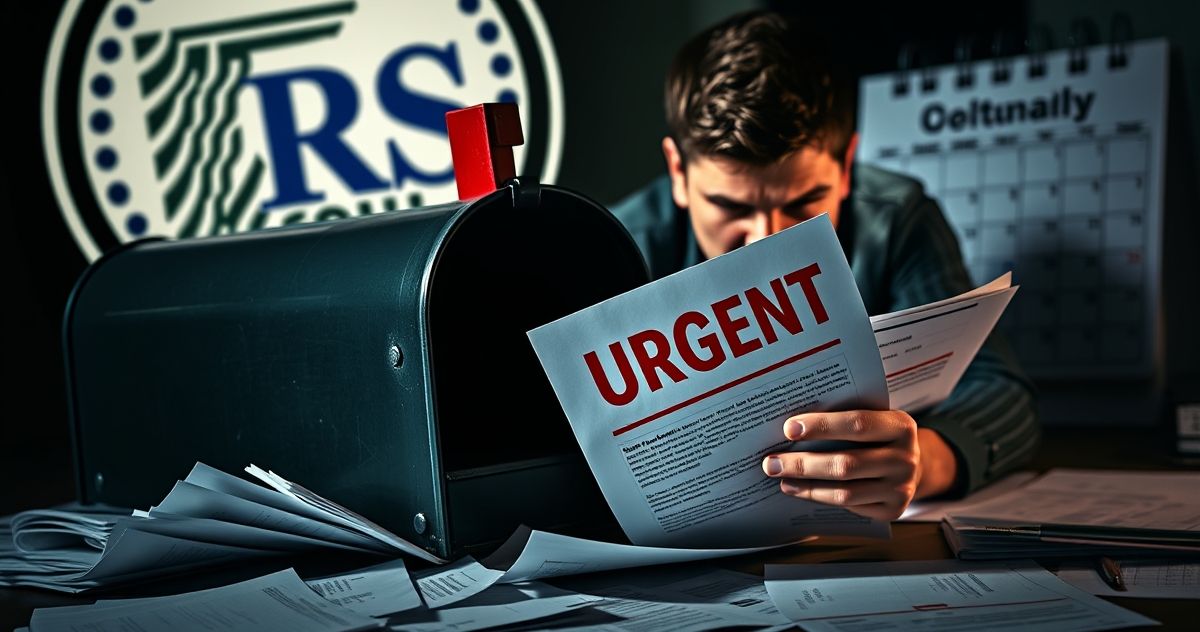Understanding the CP504AE Notice
The CP504AE Notice is a formal communication issued by the Internal Revenue Service (IRS) to alert taxpayers that their account is overdue. It serves as an urgent reminder and final warning before the IRS initiates collection actions, like levying state tax refunds or filing a federal tax lien. Receiving a CP504AE indicates that previous notices have gone unanswered, heightening the scenario’s seriousness.
Primary Purpose of the CP504AE Notice
At its core, the CP504AE Notice is designed to compel taxpayers to take immediate action regarding their outstanding tax obligations. Its issuance suggests prior notifications, typically a CP14 and possibly others like CP501 or CP503, have not resulted in the required payment or arrangement to settle the liability. By the time a taxpayer receives a CP504AE, the window to avoid collection enforcement is narrowing, emphasizing the notice’s critical nature.
Key Features of the CP504AE Notice
- Amount Due: The notice specifies the total outstanding amount, including any additional penalties and accrued interest.
- Demand for Payment: CP504AE categorically demands the full payment of the balance, suggesting severe consequences if ignored.
- Impending Actions: The IRS may indicate it will seize federal payments owed to you or levy state tax refunds if the debt remains unresolved.
- Response Time: The notice usually sets a deadline by which the payment must be made, often stressing the urgency and necessity for immediate action.
Compliance Requirements with CP504AE Notice
Upon receiving a CP504AE Notice, swift action is crucial. Taxpayers must either pay the owed amount in full by the specified deadline or communicate with the IRS to arrange an alternative payment solution. Here are the critical steps to ensure compliance:
- Review Details Carefully: Ensure the notice reflects your actual account standing. Compare the reported figures with your records to establish accuracy.
- Payment Plans: Contact the IRS to discuss feasible payment options if unable to pay in full. Setting up an installment agreement can halt potential enforcement actions.
- Explore Offer in Compromise: For those who qualify, negotiating a reduction in the total balance through an Offer In Compromise may be beneficial.
- Seek Professional Help: Consult a tax professional for guidance tailored to your situation, ensuring optimal compliance and resolution.
Penalty Implications of Non-Compliance
Failure to respond adequately to CP504AE triggers severe repercussions. Continued negligence amplifies financial strains due to escalating interest and penalties. Key penalties include:
- Federal Tax Levy: The IRS can garnish wages, seize bank accounts, or redirect federal payments (e.g., Social Security benefits) to settle the debt.
- Federal Tax Lien: A claim is placed against your property, impacting your credit rating and hindering borrowing capabilities.
- Increased Penalties: Unpaid liabilities attract compounded penalties and interest, exacerbating the overall debt amount.
Significance of the CP504AE Notice
Primarily, the CP504AE Notice underscores the essential concept of tax compliance, serving as a pivotal checkpoint for taxpayers to reassess their financial responsibilities.
- Encourage Fiscal Responsibility: The urgency and seriousness of the notice motivate taxpayers to proactively manage tax-related obligations, ultimately fostering improved financial habits.
- Averting Hefty Penalties: Taking timely action upon receipt of CP504AE significantly mitigates risks of enduring additional penalties and extensive IRS enforcement actions.
- Raising Awareness: This notice also serves as an indicator of broader financial health, prompting individuals or businesses to address any underlying issues contributing to financial distress.
Recognizing the CP504AE Notice’s criticality is instrumental in navigating and maintaining tax compliance. For taxpayers, the proactive resolution of this notice cultivates a secure financial position, protecting against further IRS scrutiny or actions. Critical to the CP504AE process is acknowledging its urgency and acting decisively to secure financial peace and avoid detrimental impacts. Conclusively, it serves not just as a demand for payments due, but as a vital mechanism to uphold one’s financial obligations to the IRS and maintain broader financial health.

